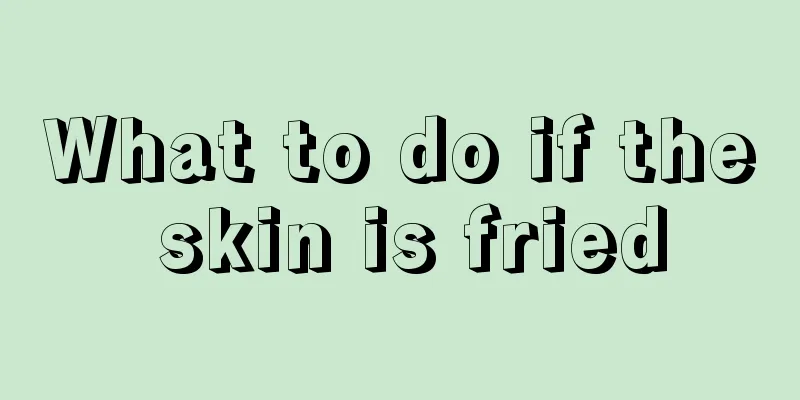Factors affecting dysphagia after laryngeal cancer surgery

|
Patients with laryngeal cancer often experience swallowing dysfunction after surgery, which causes a certain degree of hindrance to the patient's recovery and life. The following factors should be paid more attention to. 1. The epiglottis is not preserved during laryngeal cancer surgery, which poses a hidden danger to postoperative swallowing disorders. The epiglottis is the command system in the throat, and the throat is the only way for food and air to pass through. After food is swallowed from the mouth, it passes through the throat and enters the esophagus to the stomach. Without the epiglottis, swallowing is not so smooth. 2. Resection of the arytenoid cartilage will also affect the patient's swallowing. If one side of the arytenoid cartilage needs to be removed, tissue should be used to raise the arytenoid area to correspond to the unresected side. In this way, even if the epiglottis has been removed, when the patient swallows, the backward-tilted tongue root will correspond to the arytenoid area to close the laryngeal entrance. 3. Age is also a major factor that may cause swallowing difficulties. Elderly patients with laryngeal cancer should not undergo laryngectomy and crico-epiglottic-hyoid anastomosis. Because the various functions of the elderly body are reduced, the reflex functions of the larynx, pharynx, and trachea are also reduced. It is difficult to form a compensatory function for laryngeal swallowing after partial laryngectomy. Once aspiration occurs after surgery, it may cause serious pulmonary complications. 4. If the recurrent laryngeal nerve is damaged and the superior laryngeal nerve is cut during the operation, the swallowing function will also be affected. If the superior laryngeal nerves on both sides of the patient are cut, the new laryngeal structure formed using the residual larynx may have sensory and secretory dysfunction of the laryngeal mucosa, the chance of postoperative aspiration will also be greatly increased, and the postoperative compensatory function of the larynx will recover poorly. Tips: How to relieve dysphagia 1. Food: crucian carp, carp, clams, river clams, black-bone chicken, raw pears, lychees, sugarcane, walnuts, leeks, garlic, persimmons, lotus roots, frogs, toads, crop, milk, goose blood, and asparagus. 2. Dietary therapy: Perilla vinegar powder 30g of perilla, appropriate amount of vinegar. Grind the perilla into fine powder, add 1500ml of water, boil and filter to extract the juice. Add an equal amount of vinegar and boil until dry. Take 3 times a day, 1.5g each time, suitable for people with dysphagia. |
<<: The feeling of choking when eating is not necessarily esophageal cancer
>>: 3 ways of lymph node metastasis in laryngeal cancer
Recommend
How long is the appropriate time to steam in a sauna
The history of sauna is very long, and it mainly ...
Can skin cancer patients eat with normal people?
Everyone knows that skin cancer is a very harmful...
Why can't I sleep at night
Modern young people are under great pressure in w...
The hazards of meridian therapy instrument
As people age, many find themselves experiencing ...
Cure for small cell lung cancer
Before clarifying the treatment method of small c...
Can lymphoma be cured?
Many people are afraid of cancer and think that a...
What harm does ultraviolet light do to the human body?
I believe that everyone likes to bask in the sun....
Hashimoto's thyroiditis, thyroid enlargement that cannot be ignored
Hashimoto's thyroiditis is common among middl...
TCM diet therapy and health care methods
Health preservation is a very popular choice for ...
How to recover from tendon strain
When tendon strain occurs, you must pay attention...
What is the best way to treat bedsores
Bedsores are the most common disease among paraly...
How to remove oil stains from clothes
If we dress appropriately and cleanly, we will le...
Is lactose a polysaccharide?
We know that from the perspective of sugar compos...
Should I take vitamin C on an empty stomach or after a meal?
The lack of any substance in the body will be har...
What are the bad effects of drinking alcohol on your body?
We basically cannot do without drinking in our da...









